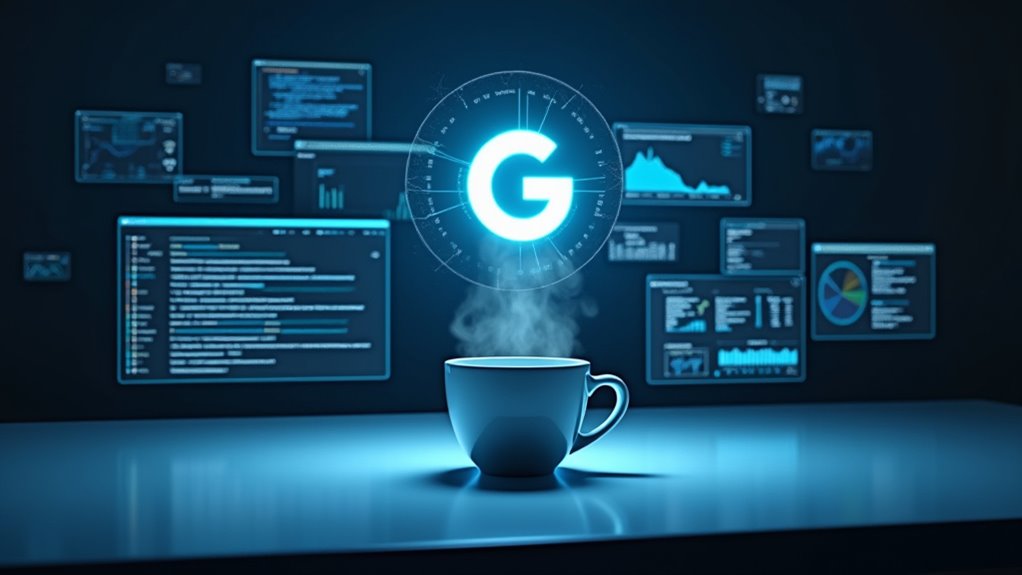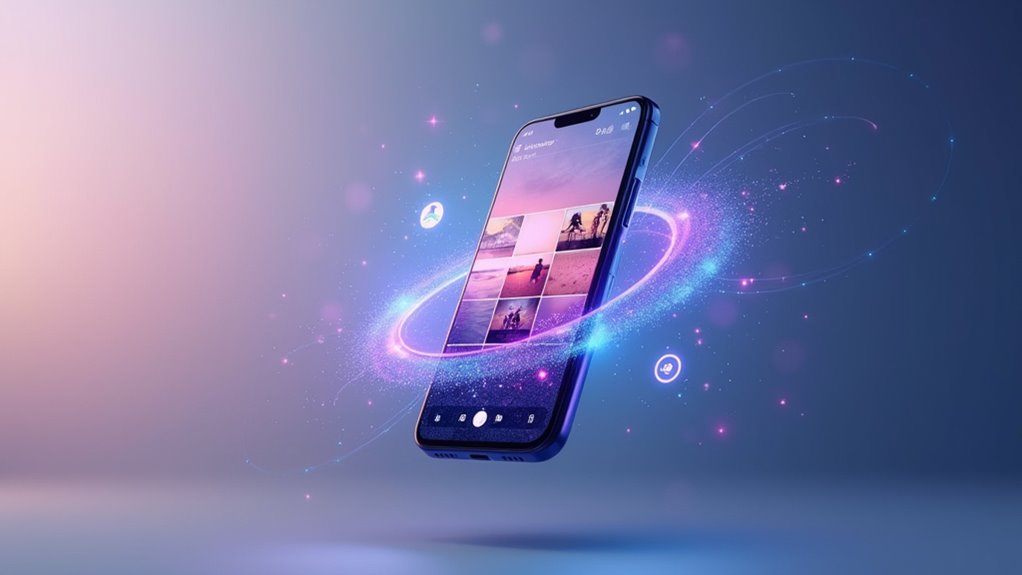Google’s next-gen AI integration into Gmail, Docs, and Vids represents a fundamental shift in productivity tools. Launching in March 2025, these enhancements streamline workflows with virtual assistant-like capabilities across 24 languages. Developers gain faster prototyping abilities while businesses adopting these tools may secure competitive advantages. Free access for students through 2026 demonstrates Google’s educational commitment. Those sticking with outdated methods might find themselves explaining why they’re still doing things the hard way.
While tech giants have been racing to dominate the AI landscape, Google has quietly been assembling what might be its most impressive AI suite yet. The March 2025 release of Gemini 2.5 Pro integration isn’t just another incremental update—it’s potentially a watershed moment for how we interact with productivity tools.
Google’s decision to weave AI directly into Gmail, Docs, and Vids signals a fundamental shift in how we’ll handle daily work. Remember when spell-check felt revolutionary? *That’s cute*. The new productivity enhancements promise to streamline communication and writing workflows in ways that might make your current process feel like using a typewriter. The new AI-first Colab experience powered by Gemini assists users in navigating complex tasks with minimal coding required. These tools function similarly to virtual assistants that efficiently manage calendars and transform how we organize our daily tasks.
Gone are the days when spell-check amazed us. Google’s AI-infused tools make your current workflow look positively ancient.
The integration of Gemini 2.5 Flash Native Audio across 24 languages means your apps will now understand conversational nuances better than some of your colleagues. It can ignore background noise and focus on what matters—a skill many humans haven’t mastered yet.
For developers, the native code editor integration means prototyping happens at lightning speed. Imagine typing a prompt and watching as a fully functional web app materializes before your eyes. It’s like having a team of developers crammed inside your laptop, minus the pizza budget. The release of Gemma 3 empowers developers to create applications more efficiently on various devices.
The business implications are substantial. Organizations adopting these tools may find themselves with competitive advantages in efficiency and content creation. Those who don’t might find themselves explaining to stakeholders why they’re still doing things “the old way.”
Students get particularly sweet treatment with free Google AI Pro access through finals 2026. Nothing says “we care about education” quite like giving away your most advanced tech to people surviving on ramen noodles.
With agentic AI capabilities powered by the new URL Context tool, Gemini can now pull information directly from websites with minimal prompting. It’s like having a research assistant who never sleeps or complains about citation formats.
Google’s approach suggests they’re not just creating better tools—they’re fundamentally reimagining how we work, communicate, and create.









